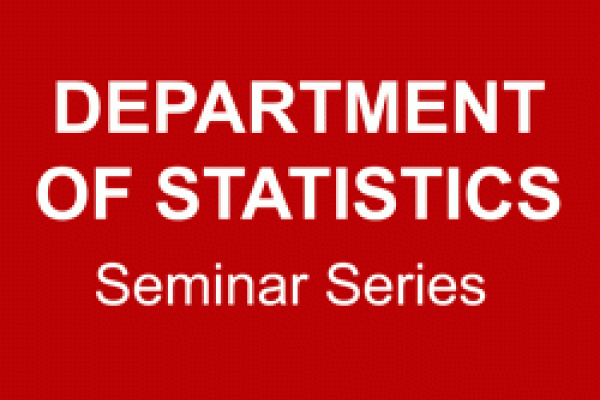
Title
Spatial-Temporal Nonlinear Filtering in Command and Control
Speaker
Dr. Mark Irwin, The Ohio State University
Abstract
Assimilating data in a highly changing dynamic battlespace, which allows battle commanders to make timely, informed decisions, is a difficult and challenging problem. A spatial-temporal statistical approach to examining the battlespace is proposed, based on noisy data from multiple signals. The danger-potential field (or danger field) generated by the positions of an enemy's weapons in the battlespace is examined. The incoming noisy data is filtered to update the weapons' positions and the danger field. Sequential Importance Sampling, sometimes known as particle filtering, is used to generate realizations from the posterior distribution of the spatial-temporal danger field. Based on these realizations, non-linear questions such as the locations of maximum and minimum danger, the extent of regions exceeding certain danger thresholds, and changes in the danger field over time can be addressed. One particular Sequential Importance Sampler, known as the Unscented Particle filter, is compared to faster but less-accurate approximations based on the Kalman filter, using data generated from an object-oriented combat-simulation program.
Meet the speaker in Room 212 Cockins Hall at 4:30 p.m. Refreshments will be served.
